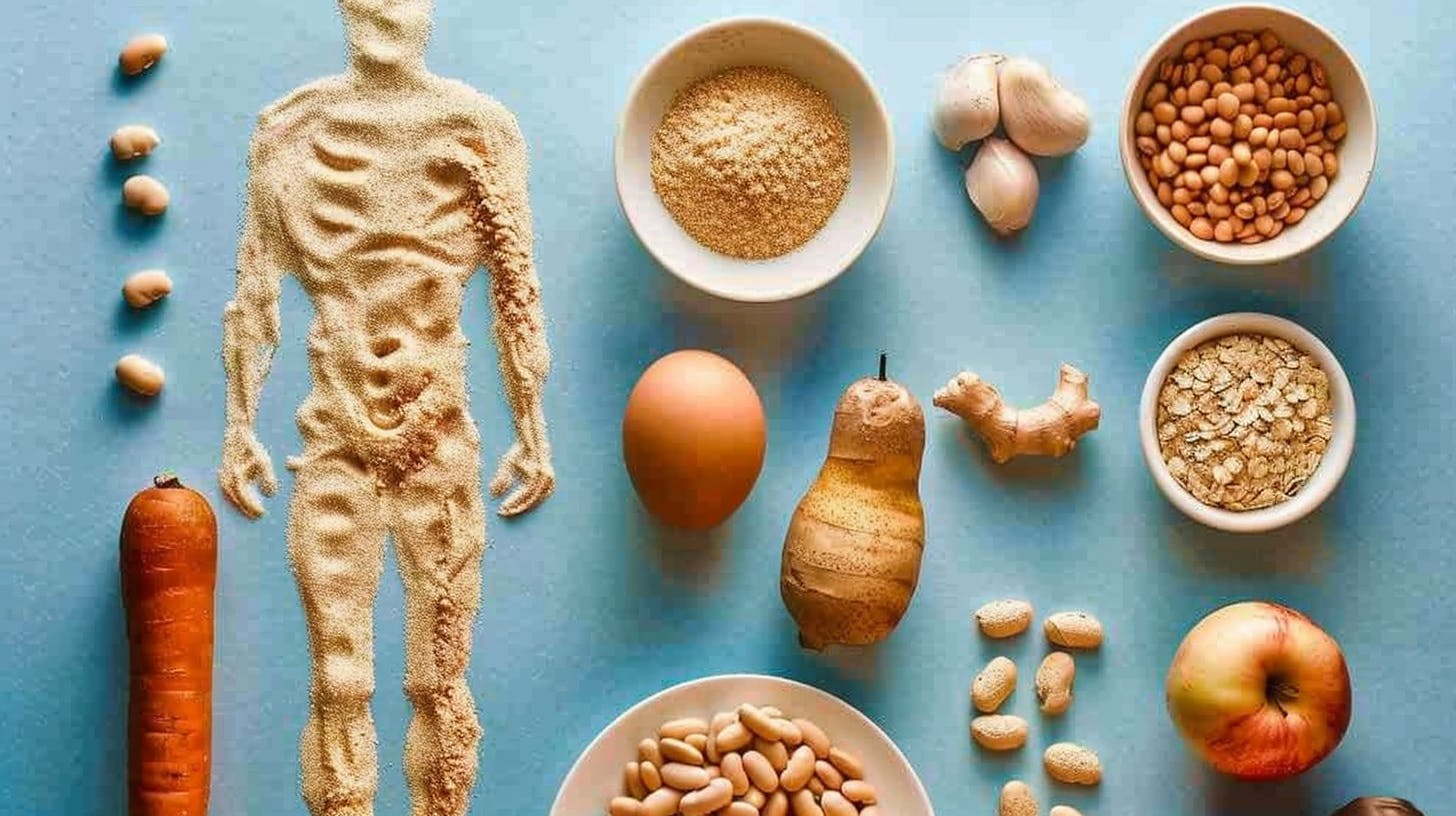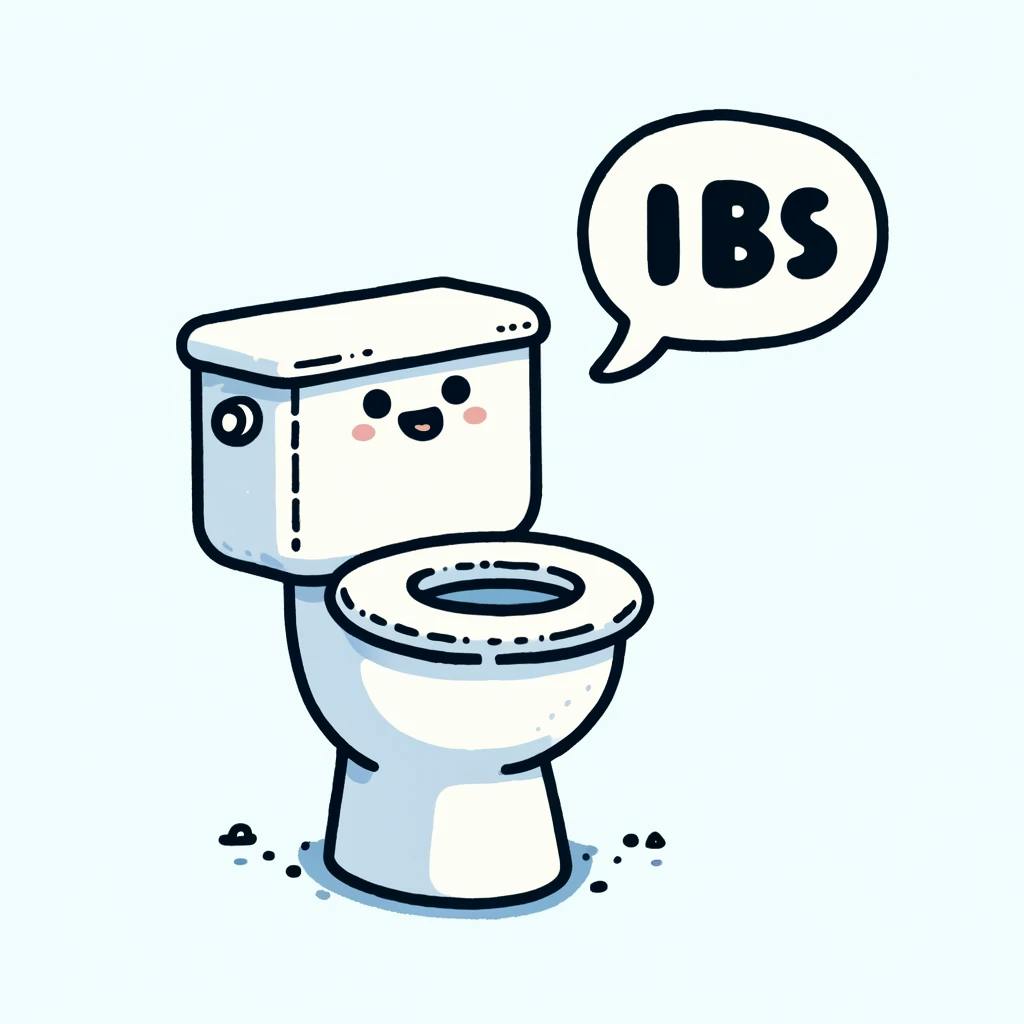
This guide offers dietary tips, recipes, and expert advice to manage IBS symptoms effectively.
What Foods to Eat When You Have IBS: 10 Best Diet Choices for Symptom Relief
Irritable Bowel Syndrome (IBS) is a chronic gastrointestinal condition that can cause a variety of uncomfortable symptoms, including abdominal pain, bloating, gas, and altered bowel habits. Managing IBS often involves making dietary changes to help alleviate these symptoms. This article explores the best foods to eat when you have IBS, offering practical tips and guidance for managing this condition through diet.
Understanding IBS and Its Dietary Impact
IBS is a complex condition that varies greatly among individuals. What triggers symptoms for one person might not affect another. This is why it's crucial to identify foods that are generally well-tolerated and beneficial for most people with IBS.
High-Fiber Foods
Fiber is essential for digestive health, but it can be a double-edged sword for those with IBS. Soluble fiber, found in foods like oats, peas, beans, apples, and carrots, can help regulate bowel movements and reduce symptoms.
Low-FODMAP Diet
The low-FODMAP diet is specifically designed for IBS sufferers. It involves reducing foods high in certain fermentable carbohydrates that can cause gas and bloating. Foods like garlic, onions, and wheat are high in FODMAPs, while foods like bananas, grapes, and rice are low in FODMAPs.
Probiotic-Rich Foods
Probiotics are beneficial bacteria that can help balance the gut microbiome. Yogurt, kefir, sauerkraut, and other fermented foods are rich in probiotics and can aid in digestive health.
Lean Proteins
Proteins are essential for a balanced diet, and lean options like chicken, turkey, and fish are generally well-tolerated by those with IBS. Avoid fatty meats which can exacerbate symptoms.
Gluten-Free Grains
For some with IBS, gluten can be a trigger. Gluten-free grains like quinoa, rice, and corn can be excellent alternatives.
Non-Dairy Alternatives
Lactose, the sugar found in dairy, can be problematic for many with IBS. Non-dairy alternatives like almond milk, soy milk, and lactose-free products can be more digestible options.
Healthy Fats
While high-fat foods can be a trigger, healthy fats like those found in avocados, olive oil, and nuts are typically easier on the digestive system.
Fruits and Vegetables
Certain fruits and vegetables can help manage IBS symptoms. Bananas, blueberries, carrots, and spinach are generally safe choices. Be cautious with high-FODMAP fruits and vegetables.
Herbal Teas
Herbal teas, such as peppermint and ginger, have soothing properties that can help alleviate IBS symptoms like nausea and bloating.
Hydration
Staying hydrated is crucial for digestive health. Drinking plenty of water helps maintain regular bowel movements and reduce symptoms of IBS.
Tips for Managing IBS with Diet
- Keep a Food Diary: Track what you eat and how it affects your symptoms to identify triggers.
- Eat Smaller Meals: Larger meals can overwhelm the digestive system, leading to more severe symptoms.
- Chew Thoroughly: Properly chewing food aids digestion and can help prevent IBS flare-ups.
- Avoid Trigger Foods: Common triggers include caffeine, alcohol, and spicy foods. Identify and avoid your specific triggers.
Sample IBS-Friendly Meal Plan
Breakfast
- Overnight Oats with Blueberries and Almond Milk
Lunch
- Grilled Chicken Salad with Spinach, Carrots, and Olive Oil Dressing
Snack
- Banana and a Handful of Almonds
Dinner
- Baked Salmon with Quinoa and Steamed Carrots
Frequently Asked Questions
What is the best diet for IBS?
The best diet for IBS varies by individual, but many find relief with a low-FODMAP diet, high-fiber foods, and by avoiding known triggers.
Can probiotics help with IBS?
Yes, probiotics can help balance gut bacteria and may alleviate some IBS symptoms.
Is dairy bad for IBS?
Many with IBS are lactose intolerant and may find that avoiding dairy reduces symptoms. Non-dairy alternatives can be a good option.
How can I identify my IBS triggers?
Keeping a food diary and noting symptoms after eating can help identify personal triggers.
Are gluten-free diets effective for IBS?
For some people, gluten can be a trigger. A gluten-free diet can be beneficial for those with gluten sensitivity.
What should I drink if I have IBS?
Water and herbal teas are generally the best choices. Avoid caffeinated and alcoholic beverages which can exacerbate symptoms.
Are gluten-free diets effective for IBS?
For some people, gluten can be a trigger. A gluten-free diet can be beneficial for those with gluten sensitivity.
What should I drink if I have IBS?
Water and herbal teas are generally the best choices. Avoid caffeinated and alcoholic beverages which can exacerbate symptoms.
